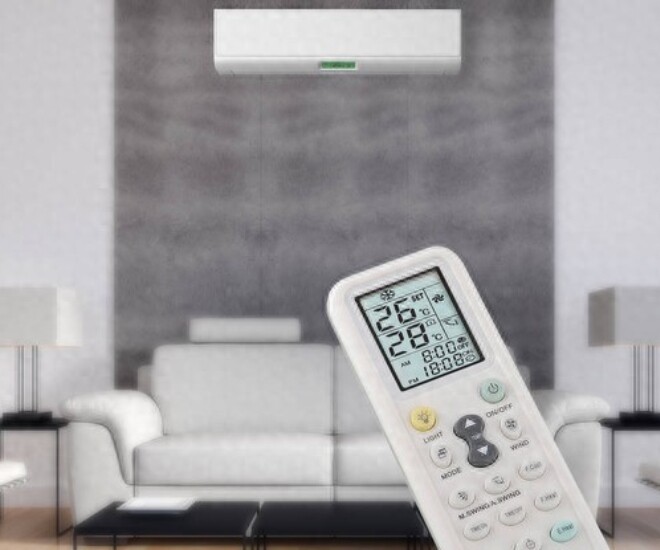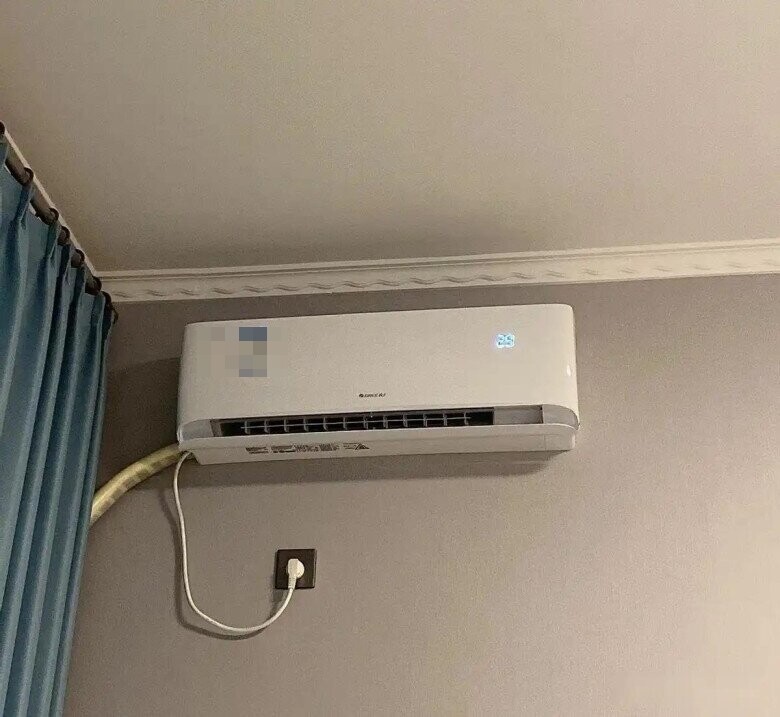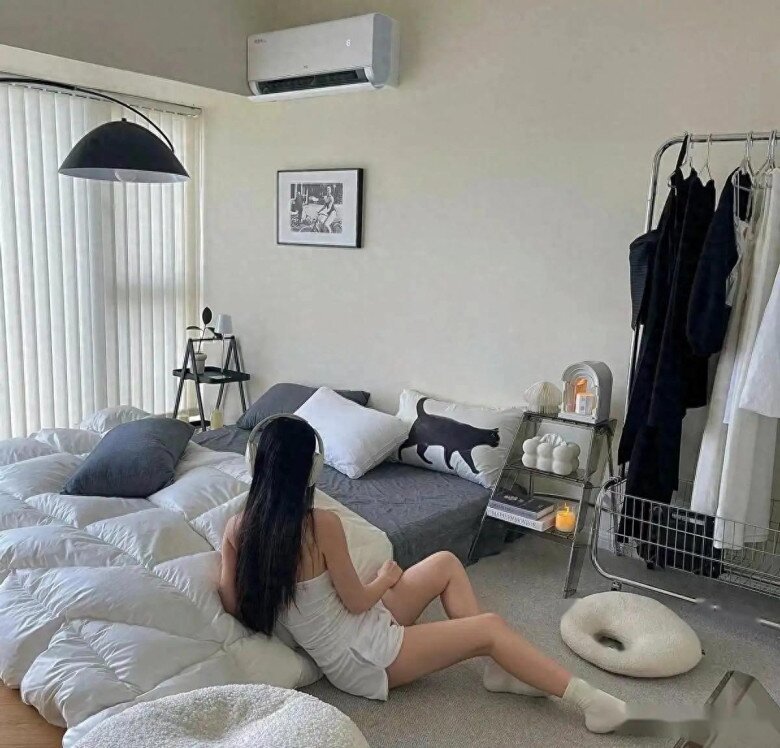Many individuals believe that the lower the temperature, the better. But in reality, setting your air conditioner to 26°C or 29°C during the summer is the real “king of energy savings.” So, which one is the right choice?

Theoretically, setting your air conditioner to 29°C will save more energy compared to lower temperatures (like 20°C, 21°C, or 26°C), but it will consume more electricity than setting it to 30°C. To understand if 29°C is energy efficient, you first need to grasp the “operating principle” of air conditioners.
During summer cooling, the primary goal of an air conditioner is “heat transfer” – moving heat from inside a space to the outdoors. Suppose the outdoor temperature is 35°C, and you set your air conditioner to 20°C. This is equivalent to making the indoor temperature 15°C lower than the outdoors. The air conditioner has to work harder to transfer heat, and the compressor runs continuously, resulting in higher electricity consumption.
If you set it to 29°C, the indoor temperature is only 6°C lower than the outdoors. The heat transfer pressure on the air conditioner decreases, and the compressor runs for a while and then stops for a while, reducing power consumption. This is why the statement, “the higher the temperature, the more energy-saving,” holds true.
So, during the summer, using an air conditioner at 29°C will significantly reduce your electricity bill compared to 26°C. However, this setting may not be comfortable for everyone. Since everyone perceives temperature differently, some may find 29°C too hot, while others feel comfortable. Therefore, instead of strictly adhering to 29°C, adjust the temperature to suit your personal preference, as long as it remains above 26°C.
According to some recommendations, adjusting the air conditioner temperature between 26°C and 29°C is an effective way to save energy. Increasing the temperature by one degree each hour can reduce electricity consumption by 7-10%.

Additionally, keep the following tips in mind when using an air conditioner to save energy:
1. Ensure Doors and Windows are Closed
It is crucial to keep windows and doors closed when the air conditioner is running. Otherwise, cold air escapes, and hot air from outside enters, reducing the cooling efficiency. This not only wastes electricity but also makes your living space uncomfortable.
2. Turn it Off When Not in Use
Many people leave their air conditioners running continuously, even when no one is in the room. This habit leads to unnecessary energy consumption. Remember to turn off the air conditioner when you leave the room or use a timer to automate the process.
3. Utilize Ceiling Fans
Combining air conditioning with ceiling fans improves air circulation, creating a cooler feeling without lowering the temperature too much. Fans help distribute cold air evenly throughout the room, reducing the load on the air conditioner and saving energy.
4. Adjust the Airflow Direction
Pointing the air conditioner vents downwards helps distribute cold air more evenly. If the airflow is directed upwards, cold air will accumulate near the ceiling, reducing cooling efficiency and consuming more electricity.

5. Choose a Strategic Installation Location
Install your air conditioner in a well-ventilated area, away from direct sunlight through windows or walls. If the unit is exposed to sunlight, it will have to work harder to maintain the desired temperature, resulting in higher electricity consumption.
6. Consider the Time of Use
Using your air conditioner during cooler times of the day, such as early morning or late at night, can help save energy. During peak hours when temperatures are highest, the air conditioner will have to work harder to cool the space, increasing electricity usage.
7. Regular Maintenance
Regularly inspect and maintain the air conditioner’s duct system to ensure there are no leaks. Leaks allow cold air to escape, forcing the air conditioner to work harder to compensate.
Why You Should Avoid Setting Your AC to 26 Degrees Celsius at Night
“Turning on the air conditioner at 26 degrees Celsius while sleeping can be tempting, but experts advise against it. This seemingly harmless habit may have negative consequences for your health and well-being, and understanding the reasons behind this recommendation is crucial for a good night’s rest.”






































